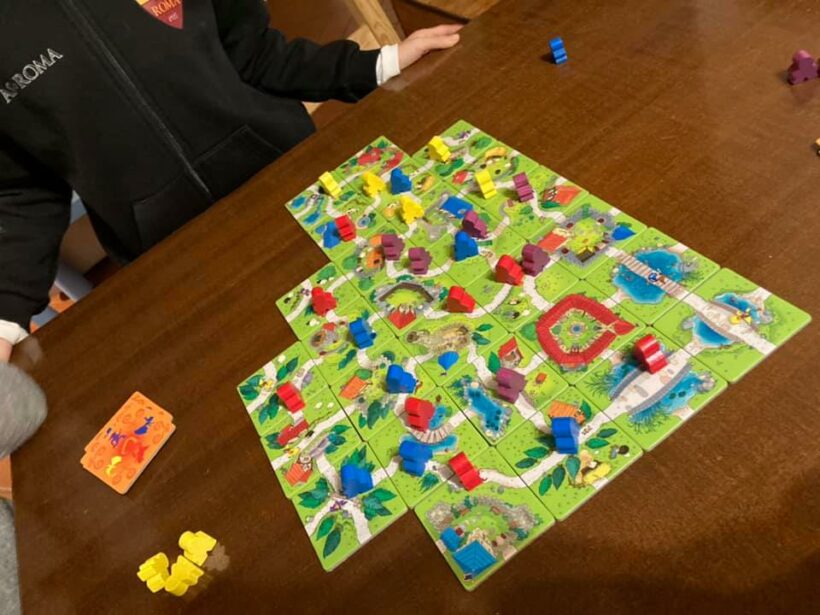There are more than five million students in primary and secondary education in more than ten thousand educational establishments in the country. The diversity is gigantic and no other state institution has the territorial coverage that education has. It is a complex and centralised system that finds it difficult to innovate.
The two major lessons learned from the pandemic were, on the one hand, the inefficiency of the expository teaching methodology, and on the other, the role of face-to-face classes in the psychosocial development of students. When returning to face-to-face classes, it seems that the only important thing is to make up for the time lost in learning traditional subjects and to see the difficulties faced by communities in the ambit of coexistence.
It has not been said with sufficient force that good coexistence is the control variable that has the greatest impact on learning, nor that there are proven methodologies that have a positive impact on learning and coexistence at the same time. Such is the case of play methodologies that are generally associated with pre-school education.
Unfortunately, games are no longer relevant in the primary and secondary school curriculum and are confined to recreational activities with little or no planning, objective and subject to very little supervision.
Play methodologies as a means for meaningful learning bring at least three distinctive characteristics that bring multiple benefits for both students and teachers: interest, motivation and immersion.
Interest is always on the opposite side of boredom. Games capture and hold attention. It is no coincidence that when students are asked how was the class? Most of the time the response is: “boring” or “entertaining”.
Motivation is in the ambit of emotions and is enhanced by receiving its own interior reward, for example, a feeling of well-being or pleasure; or an external reward, such as receiving recognition, a good grade or a prize.
Finally, games are immersive, i.e., they invite further involvement. They provoke a thirst for more empathy and complicity with the action being performed.
When the game responds to pedagogical objectives of learning or skill development, it is an excellent complement to more traditional didactic methodologies. In the next twenty-four months, we will have the opportunity to transfer the WAYNA® pedagogical tool, developed under a participatory play methodology, in coexistence and citizenship, to school coexistence managers and other education professionals in five hundred secondary schools in the metropolitan region of Santiago.
This programme has the support of the governor and was approved unanimously by the regional councillors. It will be carried out in coordination with the SEREMI of education. It is comforting to find in the regional authorities and the SEREMI people willing to put into practice what they have learned in the pandemic. We hope that it will be expanded to the universe of education in our country.






